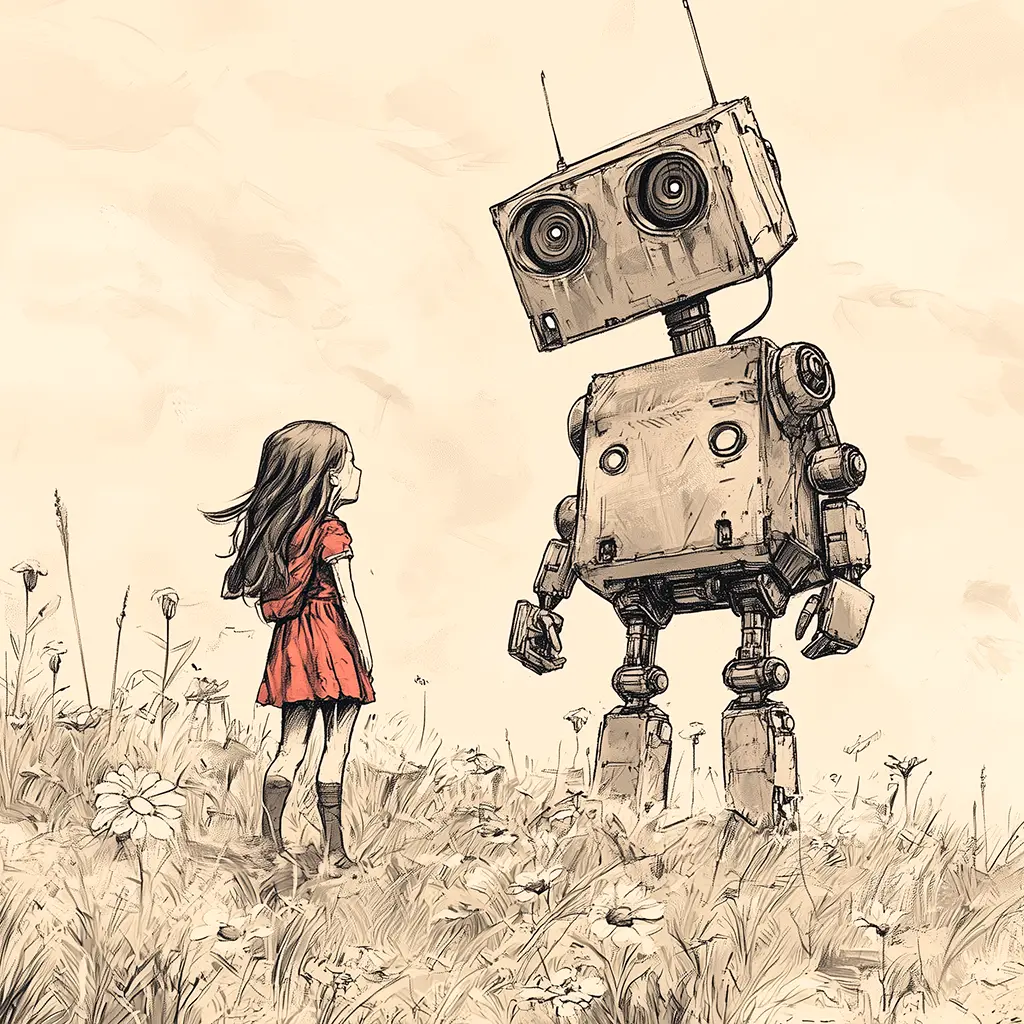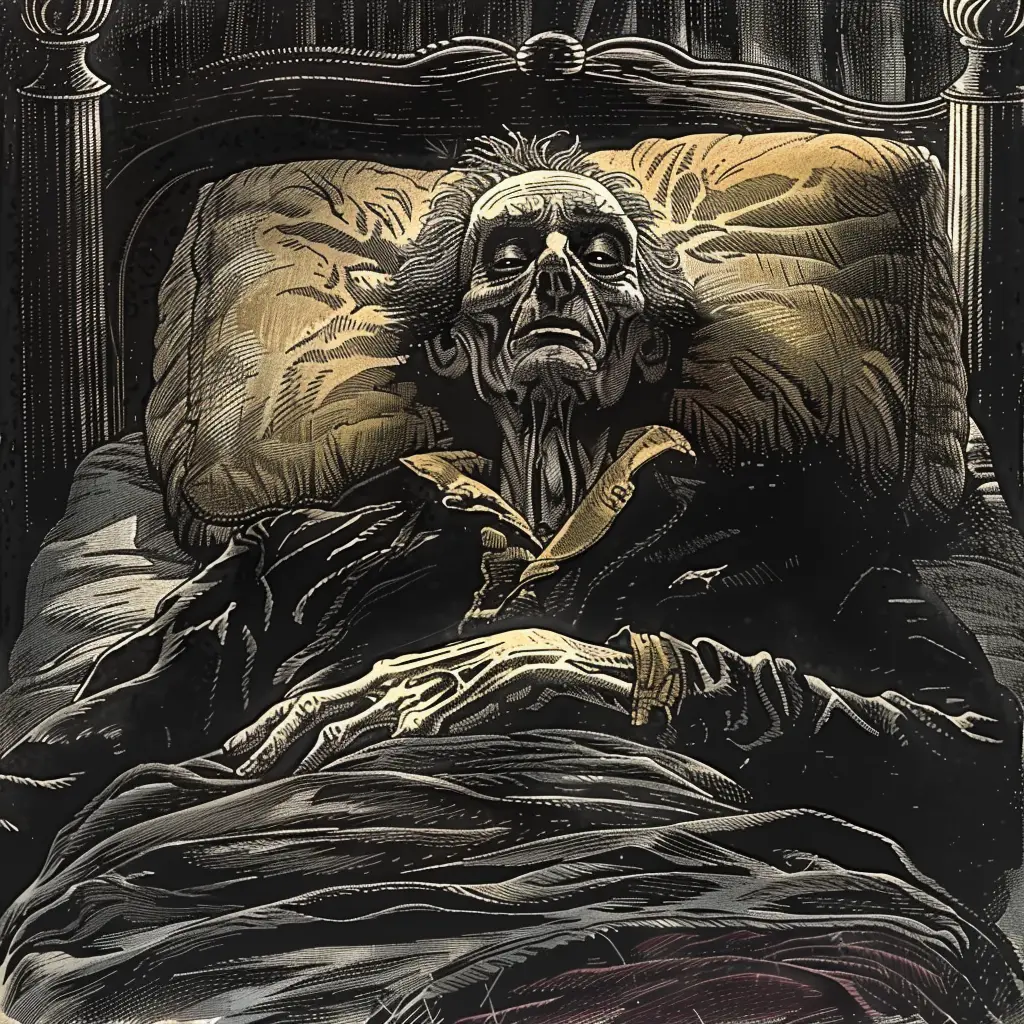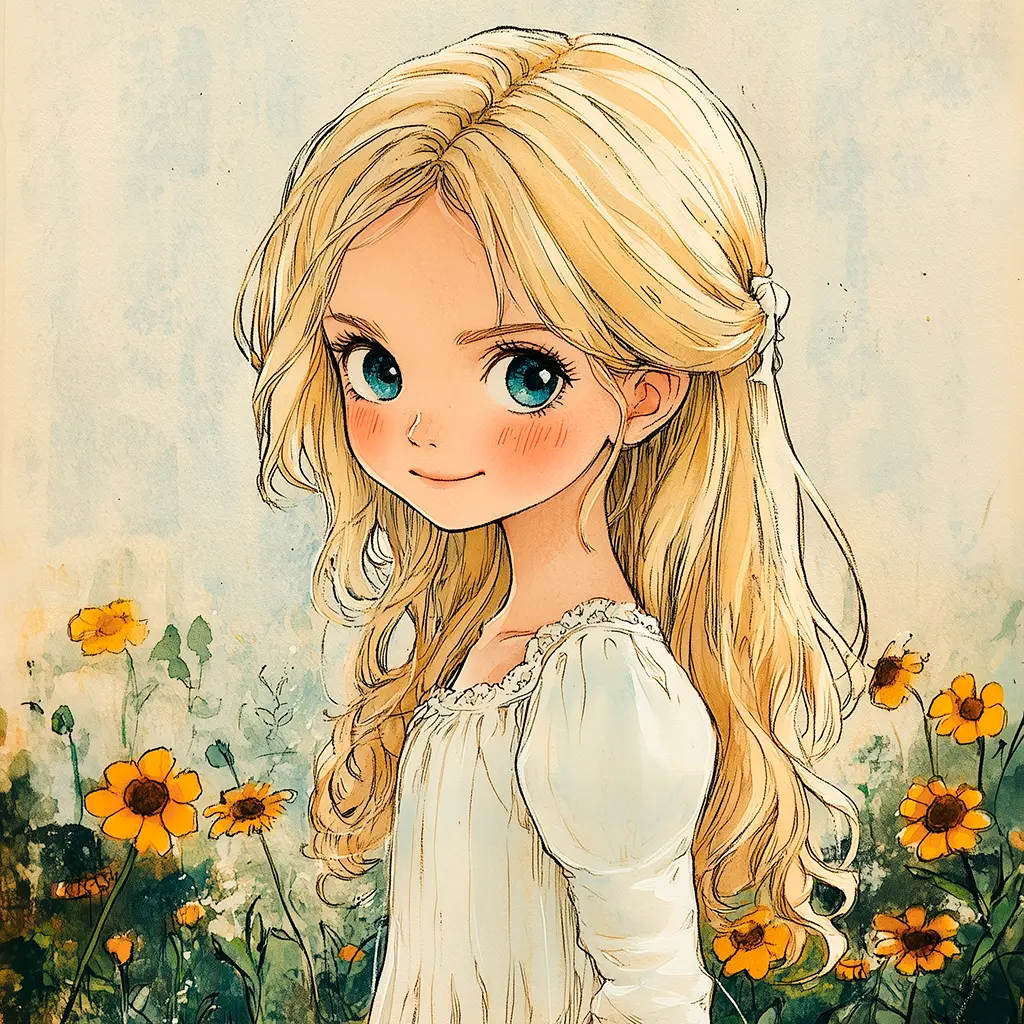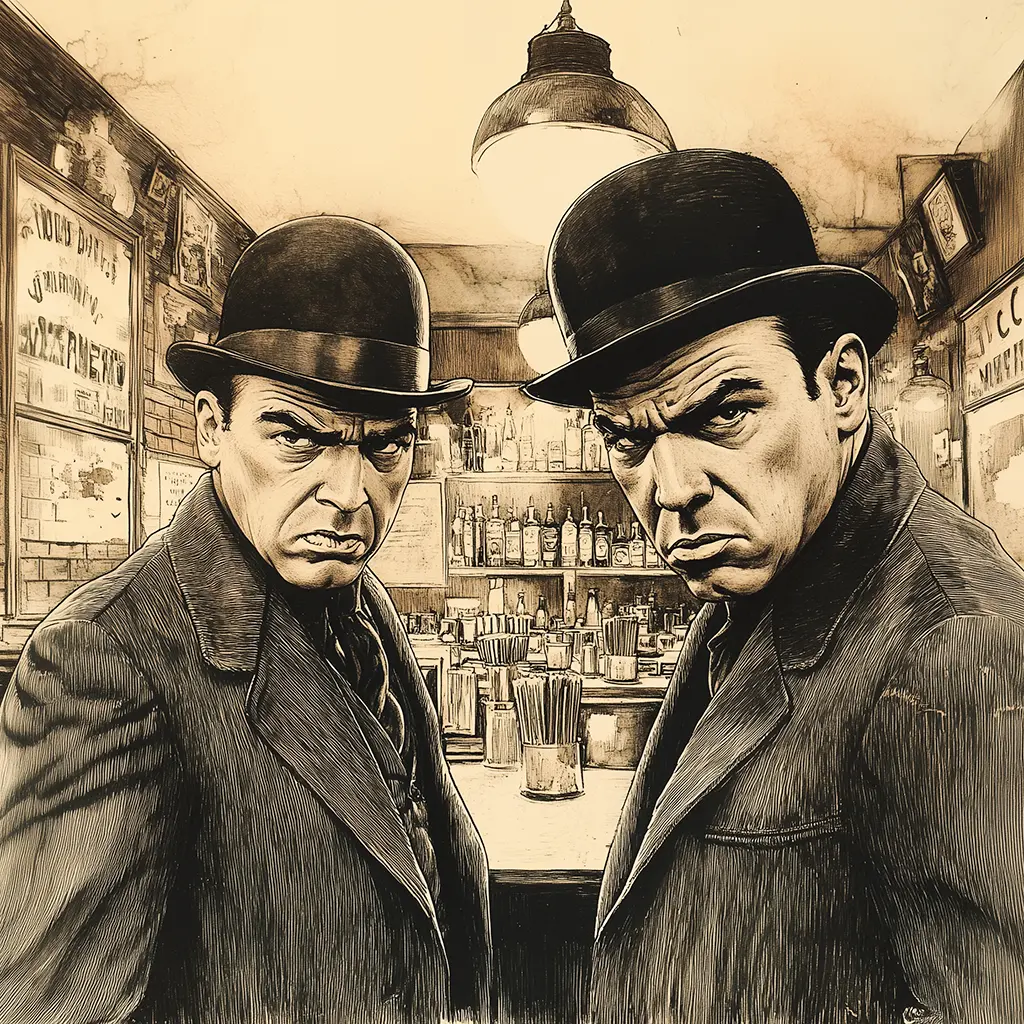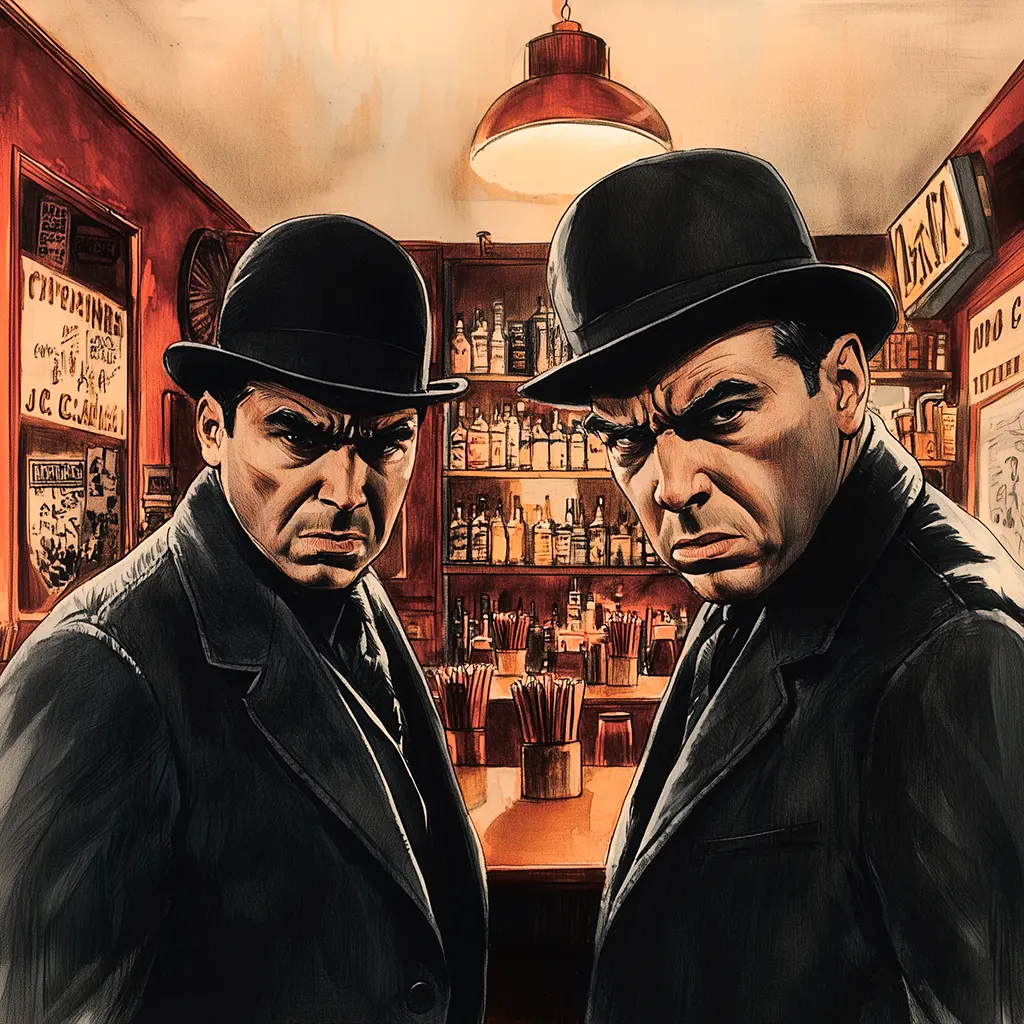Isaac Asimov: Robbie. Summary and analysis
“Robbie” is a short story by Isaac Asimov, published in September 1940 in Super Science Stories magazine. Set in a future where robots form part of everyday life, it narrates the relationship between Gloria, an eight-year-old girl, and her robot nanny, Robbie. For Gloria, Robbie is much more than a machine: he is her friend and playmate. However, her mother considers this relationship unhealthy and decides to separate them. While Gloria struggles to understand the absence of her friend, her parents try to convince her that robots are nothing more than tools without emotions or true meaning for humans.
